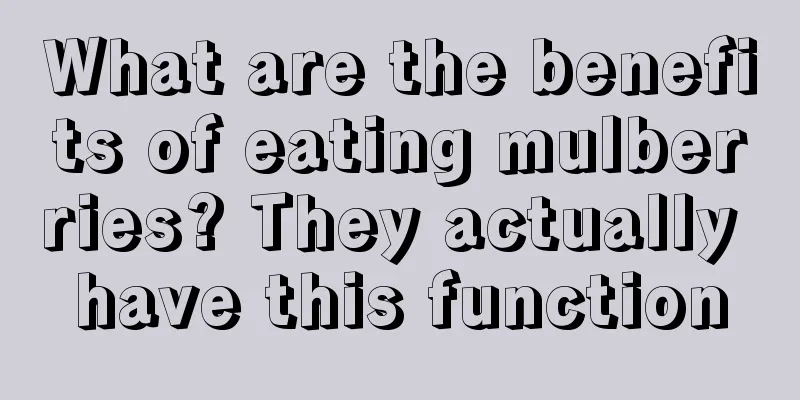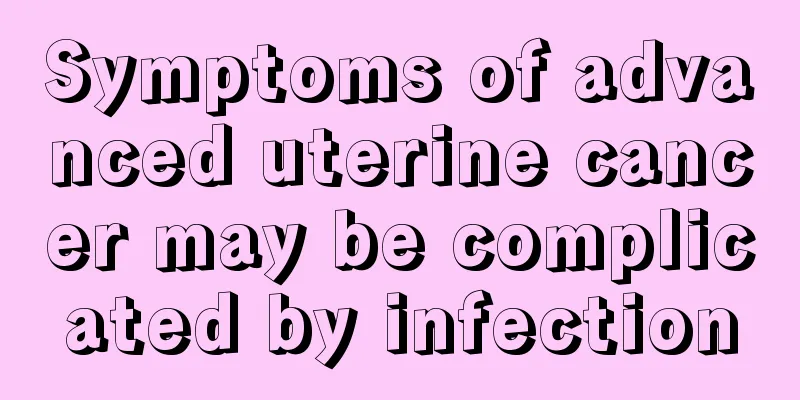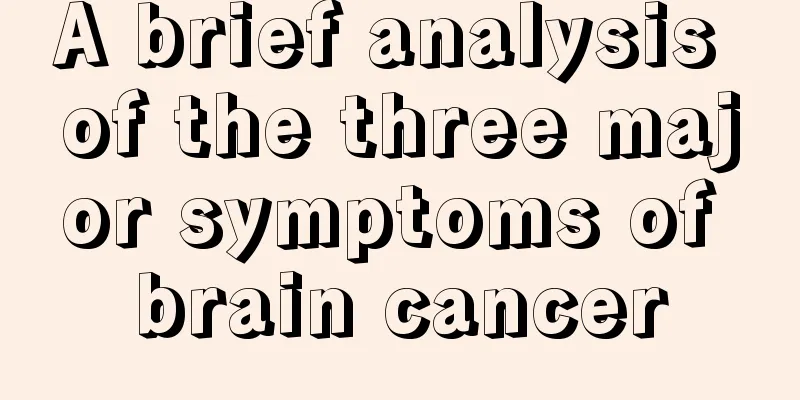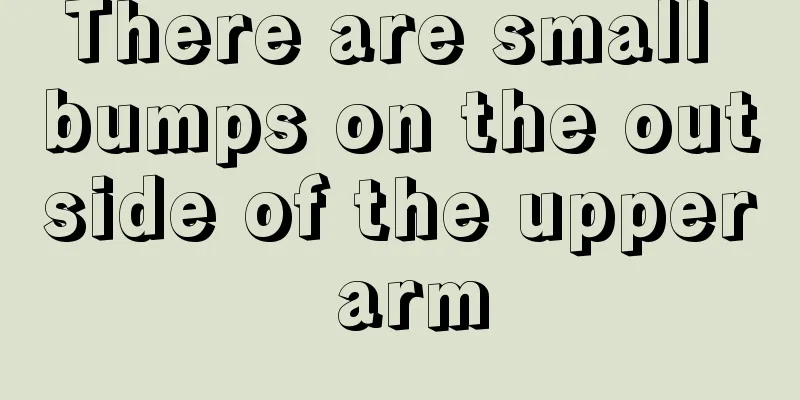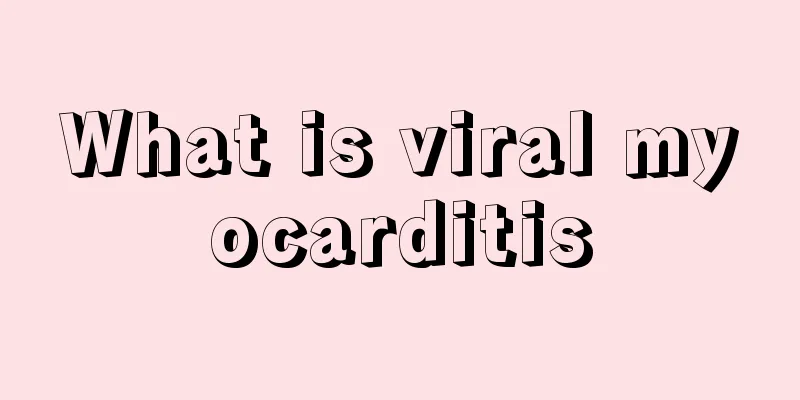The difference between brain death and vegetative state is manifested in these aspects
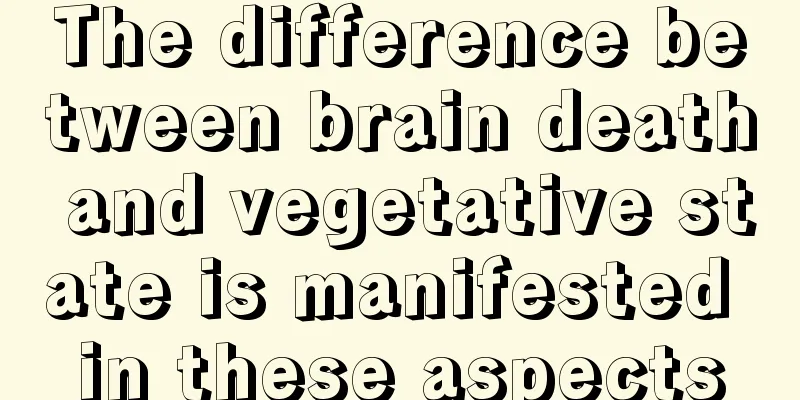
|
Brain death and vegetative state are two completely different diseases. The brain of a vegetative person has basically lost its original functions and only has a heartbeat. If he wants to continue his life, he must be cared for by others. If he is brain dead, he can no longer breathe independently, and his brain functions have been permanently lost, and he will eventually die. 1. What is a vegetative state? A vegetative state refers to a person whose brain has completely or mostly lost its functions, that is, a person who has lost consciousness but is still alive. Although a vegetative state still has a heartbeat and usually still has reflex movements (that is, its brain stem is still alive and can function), the continuation of a vegetative state usually requires the care of others, and actions such as eating can only be completed with the assistance of others. Medically, there are cases where people who were diagnosed as a vegetative state have woken up again, but it is not common, and usually only patients who are in a "minimal conscious state" and still have some consciousness and some brain function can wake up. Strictly speaking, people in a minimally conscious state are different from true vegetative states. They still have some observable, conscious behavior and are not completely unconscious. What is brain death? Patients who have a heartbeat but no spontaneous breathing and whose brain function has been permanently lost, eventually dying, are said to be brain dead. It refers to an irreversible state of loss of function of the entire brain, including the brainstem. Brain death is different from a vegetative state. In a vegetative state, the brainstem function is still there, and the coma is only caused by severe damage to the cerebral cortex or a sudden inhibition state. The patient can have spontaneous breathing, heartbeat and brainstem response, while brain death has no spontaneous breathing and is permanent and irreversible. 3. What is the difference between brain death and vegetative state? Simply put, brain death is more serious than a persistent vegetative state. Brain death is equivalent to death, while a vegetative state is considered to be alive. 1. Similarities There is death of nerve cells in the brain. Loss of consciousness. A lot of medical insurance is needed. 2. Differences Brain death usually refers to an irreversible state of loss of function of the entire brain, including the brainstem. Due to the loss of brainstem function, a person's most basic functions/reflexes will also be lost, and the main clinical manifestations are. Spontaneous breathing stops. Irreversible deep coma. There is no voluntary muscle movement, but spinal reflexes may still exist. Brainstem nerve reflexes (cranial reflexes) disappear. The pupils may be dilated or fixed and may not respond to light levels. The brain waves disappeared and became a flat line. Blood circulation to the brain stops completely. |
<<: Acute pleurisy is caused by these reasons
>>: Is viral herpes contagious? What are the routes of transmission
Recommend
What should I do if my shoulders get cold during confinement?
Generally, women are very weak and have weak resi...
The latest treatment for chondromalacia patella
There are many ways to treat diseases. When treat...
How to use a microwave oven
Microwave ovens are common electrical appliances ...
What is high blood sugar
High blood sugar is a common condition in life, m...
What dietary issues should be paid attention to after breast cancer surgery?
After breast cancer surgery, the most important t...
What to do if you have a throat hemangioma?
Hemangioma is a benign tumor and vascular malform...
How to clean a dirty leather bag
Leather bags, like shoes, should be properly clea...
How high does blood sugar need to be to require insulin injection?
High blood sugar is a relatively common disease, ...
How to treat early uterine cancer
Cancer is a disease that people are afraid of and...
How long can patients with three highs live
I believe that most people have more or less a ce...
What is the main method of bladder cancer examination?
Bladder cancer will have many symptoms in the ear...
What are the symptoms of blood-heat urticaria?
Everyone knows what kind of disease blood-heat ur...
Which scented tea is best for removing dampness and coldness
Scented tea can be said to be a kind of health-pr...
What is the cure rate of ductal breast cancer?
The patient has invasive ductal carcinoma, a type...
What does high blood lipids mean
In life, the elderly are prone to diseases like h...

